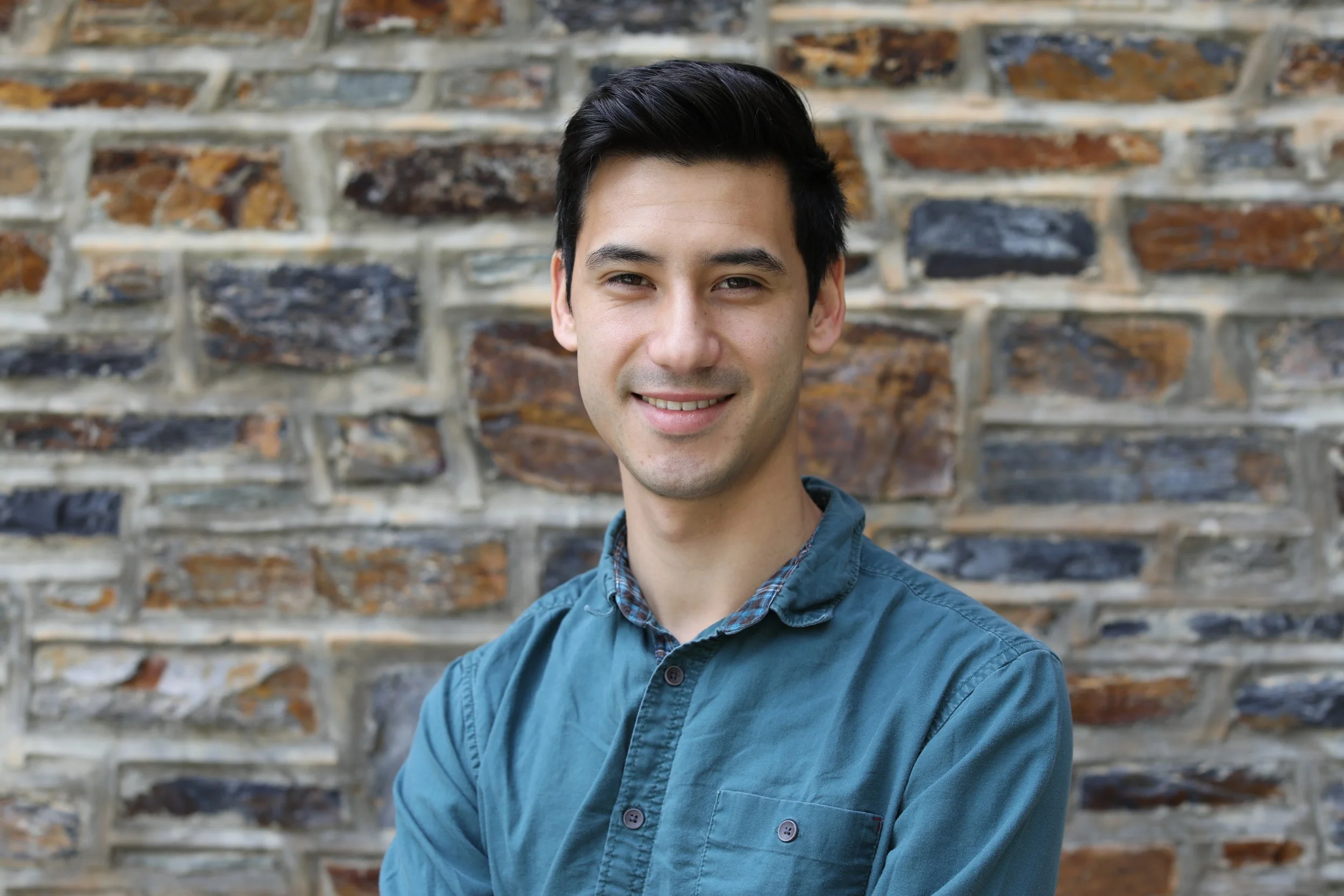Current members
Principal Investigator
Lingchong You
James L. Meriam Distinguished Professor of Biomedical Engineering
Director, Center for Quantitative Biodesign
you@duke.edu
Duke BME
Google Scholar
Ph.D. University of Wisconsin at Madison, 2002
M.S. University of Science and Technology of China (China), 1997
B.S.E. Chengdu University of Science and Technology (China), 1994
Postdoctoral Fellows
Aaron Yip aaron.yip@duke.edu
Ph.D Chemical Engineering, University of Waterloo 2025
I am interested in engineering microbial communities to perform useful functions (or halt undesirable functions) in a reliable and predictable manner. My current work combines high-throughput experimentation with data-driven and model-guided approaches for manipulating plasmid and population dynamics in complex microbial communities.
Jing-Mei Qian jingmei.qian@duke.edu
Ph.D., Genetics, University of the Chinese Academy of Sciences, 2025
My current research focuses on curing plasmids in bacteria to prevent the spread of antibiotic resistance. My broader research interests lie in synthetic biology, particularly in engineering microbial communities.
Xiaoli Chen xiaoli.chen@duke.edu
Ph.D. Energy and Resources Engineering, Peking University (2024)
I am broadly interested in the assembly and evolution of microbial communities, mainly focusing on how microbial interactions impact the evolutionary and ecological dynamics of microbial communities.
Jiesi Lei jiesi.lei@duke.edu
Ph.D. Environmental Science and Engineering, Tsinghua University (2024)
I am interested in how microbial communities form, function, and adapt, particularly how interactions between species influence their collective impact on environmental processes.
PhD Students
Zhengqing Zhou (personal website) zhengqing.zhou@duke.edu
B.S. Physics, Peking University (2021)
I am broadly interested in the ecology of microbial communities and plasmids. I combine mechanistic modelling, machine learning and quantitative experiments to elucidate the principles of bacteria interactions.
César Villalobos cesar.villalobos@duke.edu
B.S. Biotechnology Engineering, Monterrey Institute of Technology and Higher Education (2021)
I am interested in feedback systems within bacterial communities. I want to understand how they can be modeled and engineered for industrial and pharmaceutical settings.
Ashwini Shende ashwini.shende@duke.edu
B.S.E. Chemical and Biological Engineering, Princeton University (2023)
I am interested in investigating the environmental factors that influence horizontal gene transfer and plasmid persistence in bacterial communities.
Irida Shyti
irida.shyti@duke.edu
BA Mathematics And Computer Science, American University in Bulgaria (2020)
I am interested in the intersection of artificial intelligence and complex microbial communities, focusing on how computational tools can enhance our understanding and manipulation of microbial behaviors.
Grayson Hamrick grayson.hamrick@duke.edu
B.S. Chemistry, B.S. Mathematics, Haverford College (2021)
My current research is focused on combining metabolic division of labor and horizontal gene transfer for the design of microbial communities with robust function.
Kinshuk Sahu kinshuk.sahu@duke.edu
B. Tech. and M. Tech. Biochemical Engineering, IIT (BHU) Varanasi, India (2019) M.S. Bioengineering, University of California San Diego (2022)
I am interested in using synthetic and systems biology tools to understand the dynamics of pattern formation in microbial systems.
Kristen Lok
kristen.lok@duke.edu
B.S. Bioengineering, UC Berkeley (2023)
I am interested in using directed evolution, division of labor, and horizontal gene transfer to engineer microbial consortia.
Undergraduates
Ryan Su
ryan.su@duke.edu
Biomedical Engineering and Computer Science (2026)
I'm currently working with Dongheon on studying population density-dependent antibiotic resistance in bacterial populations, with the goal of finding a universal mechanism responsible for resistance to many antibiotics.
Katherine He
katherine.he@duke.edu
Neuroscience and Global Health (2027)
I'm currently working with César Villalobos to establish a high throughput experimental protocol for generating enzyme inhibitor dose-response curves. We seek to develop synthetic microbial communities and more persistent plasmids for industrial and pharmaceutical settings.
Derek Wang
xiran.wang@duke.edu
Mathematics (2028)
I’m working with Irida to develop variational autoencoder models for parameter estimation on bacteria growth curves, primarily to study antibiotic resistance while building toward a foundation model.
Ashley Ruan
ashley.ruan@duke.edu
Mathematics (2027)
I am working with Katie on developing a machine learning pipeline utilizing growth and fluorescence dynamics of microbial populations to improve microbial biosensor measurements.
Avi Heyman
avi.heyman@duke.edu
Biomedical Engineering (2027)
I am working with Kinshuk to develop a machine learning model to accelerate the prediction of dynamic pattern formation in microbial systems.
Jaemin Kim
jaemin.kim@duke.edu
Mathematics (2028)
I'm working with Zhengqing to create a computational pipeline for designing multiplexed primers. Concurrently, I am developing and validating a simplified model for plasmid transfer dynamics in complex microbial communities.




















